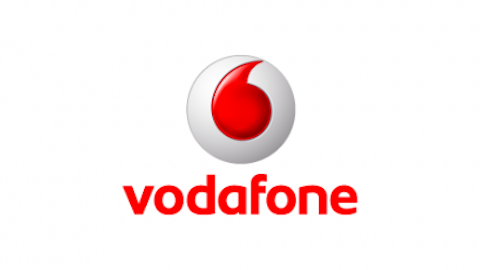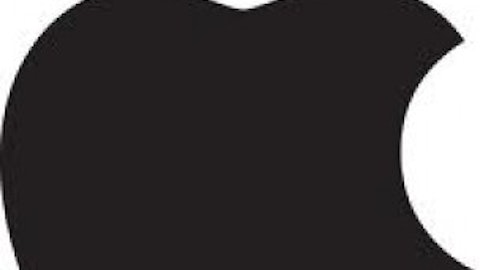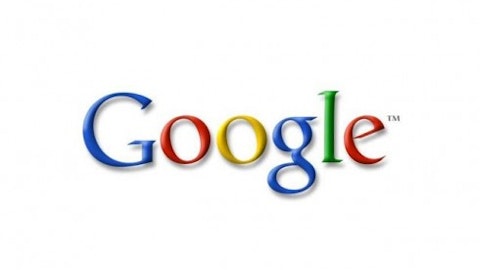
Overall, the proposed deal undervalues Dell. In the trailing 12 months (TTM), Dell earned $1.48 per share. Thus, Michael Dell is offering to buy the company at a PE of just 9.22. Taking into account Dell’s negative tangible book value per diluted share of about $1.44, the offer, based on TTM earnings, is a PE of 10.20. The offer looks even worse when using fiscal year 2012 earnings. In FY 2012, Dell earned $1.88 per diluted share, which translates to a buyout PE of just 7.26. Taking into account the negative tangible book value, the offer is a PE of 8.03 based on FY 2012 earnings.
Struggles and PC transition
Dell has been struggling. In Q3 FY13, Dell posted declines in net income and non-GAAP net income of 47% and 31% year over year, respectively. Revenue from Desktop PCs and Mobility fell by 25.8% and 8.5% year over year, respectively. While the PC industry is also struggling, Dell has been performing worse than the industry. According to IDC, Dell’s total PC shipments dropped by 20.8% in the holiday quarter. In comparison, total PC shipments declined by 6.4%. Furthermore, the rise of the mobile device industry remains a big threat to Dell.
While there are significant problems with Dell, Michael Dell is taking advantage of the situation. The desktop PC industry is still crucial to the modern world. In Q4 2012, almost 90 million PCs shipped worldwide and Dell was the third largest PC vendor worldwide. Also, Dell was the third largest server vendor worldwide in Q3.
In addition, the PC industry is in a transition period. Microsoft Corporation (NASDAQ:MSFT) launched Windows 8 during the holiday quarter, an important step because the OS’ Modern UI makes it suitable for tablets. Currently, the tablet market is booming and is dominated by Apple Inc. (NASDAQ:AAPL) and Google Inc (NASDAQ:GOOG) Android. In Q4, tablet shipments increased by 75.3% year over year to 52.5 million units. Apple’s unit shipments rose to 22.9 million, but its market share dropped to 43.6%. On the other hand, Android continued its surge. ASUS, which is selling the Google Nexus 7 tablet, saw shipments increase by 402% year over year to 3.1 million units.
Windows 8 and software potentials
Going forward, Windows 8 has a good chance to make a significant impact in the tablet market. The tablet market is still growing and top vendor Apple does not license iOS. While Google does license Android, Windows 8 provides the big advantage of being backward-compatible to legacy Windows programs. Also, Windows 8 does not put the PC industry at risk because Windows 7 is a solid fall back OS. Finally, Windows 8’s touch friendly UI could spur upgrades to touchscreen PCs.
In the holiday quarter, Dell’s top PC rival, Hewlett-Packard Company (NYSE:HPQ), took advantage of Windows 8. HP only experienced a decline in shipments of 0.6%. IDC states, “An aggressive push for Windows 8 volume helped the vendor make gains in Asia/Pacific and its home turf in the U.S. HP struggled in EMEA but posted the first year-over-year growth in Asia/Pacific in four quarters. Total volume was nearly flat from a year ago, but better than the overall market.” While Windows 8 has received a mixed reaction, it has a lot of potential and Michael Dell is undervaluing that potential.
Finally, Dell is in the midst of a transition to being a more software-based company. Dell completed its acquisition of Quest Software for $2.4 billion near the end of year 2012 and it is too early to evaluate the impact of the acquisition. Software usually brings a higher margin than hardware and Dell has recently been making a lot of software acquisitions.
The bottom line
In summary, Michael Dell’s offer undervalues Dell relative to its past earnings and the company’s potential. Dell remains a top PC and server vendor. In addition, the company and the PC industry are in the early stages of major transitions. Windows 8 has the potential to spur upgrades to touchscreen PCs and make Windows a significant presence in tablets. Also, Dell’s software acquisitions could produce big profits for the company. Finally, the major problems in the global economy have likely been a major contributor to the struggles of the PC industry. Thus, the industry should show big improvements when the global economy recovers. Overall, Michael Dell’s offer is a bad deal for long-term Dell shareholders.
The article An Undervalued Tech Giant originally appeared on Fool.com and is written by Alvin Gonzales.
Copyright © 1995 – 2013 The Motley Fool, LLC. All rights reserved. The Motley Fool has a disclosure policy.





